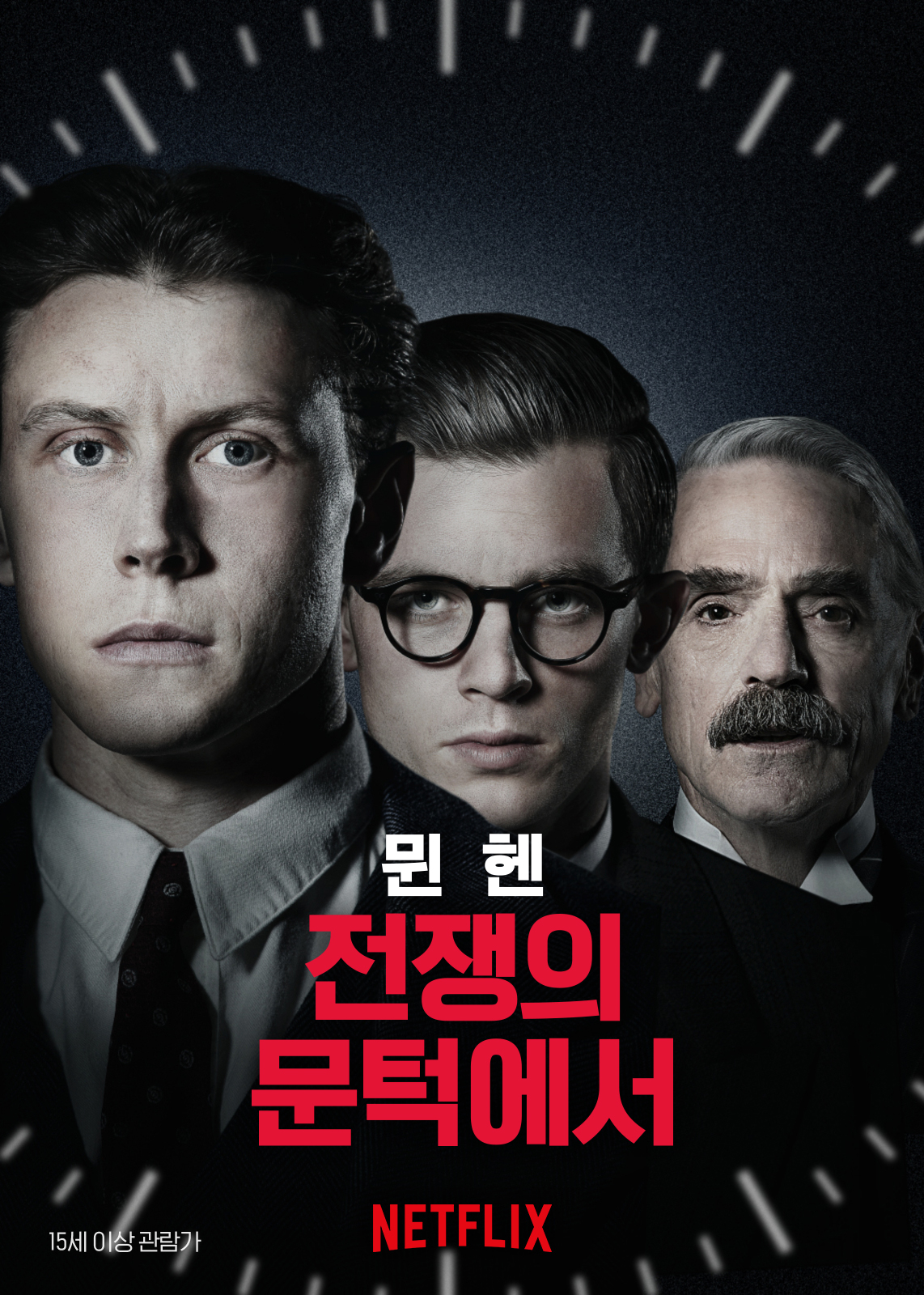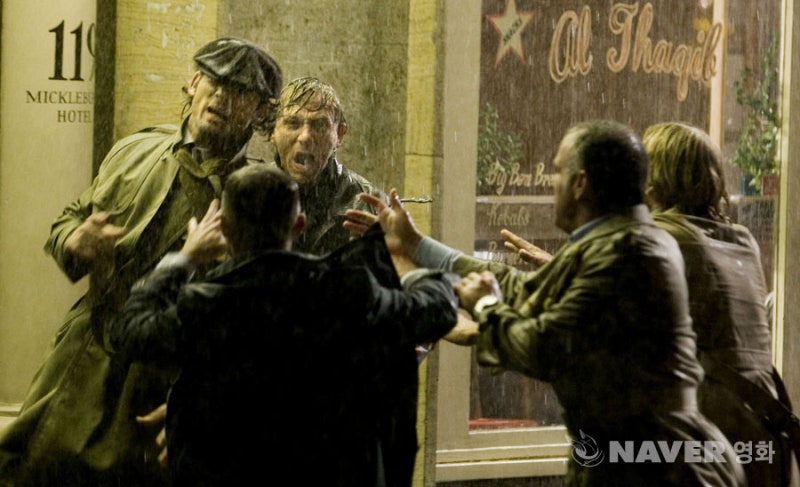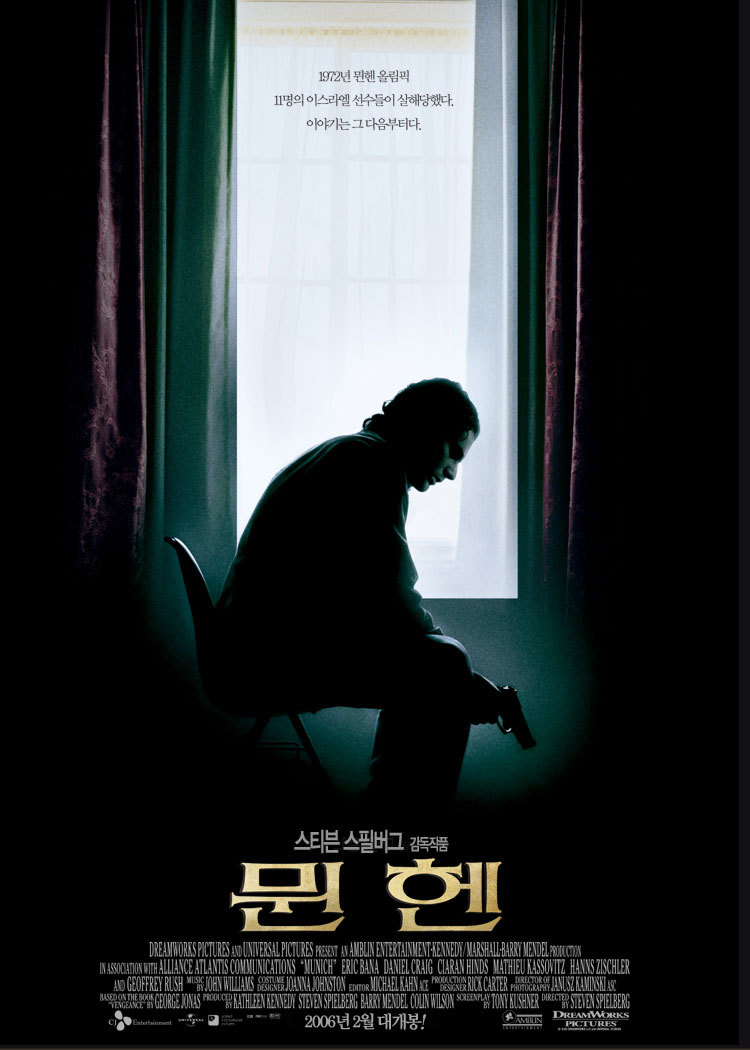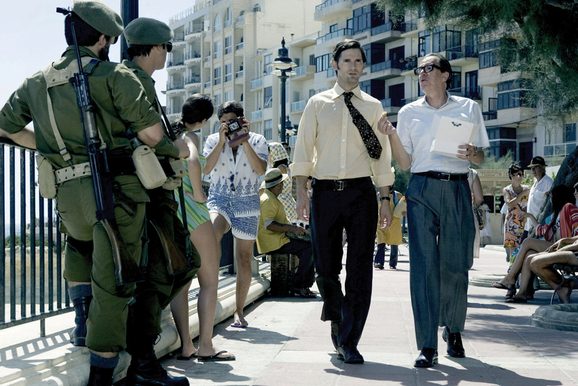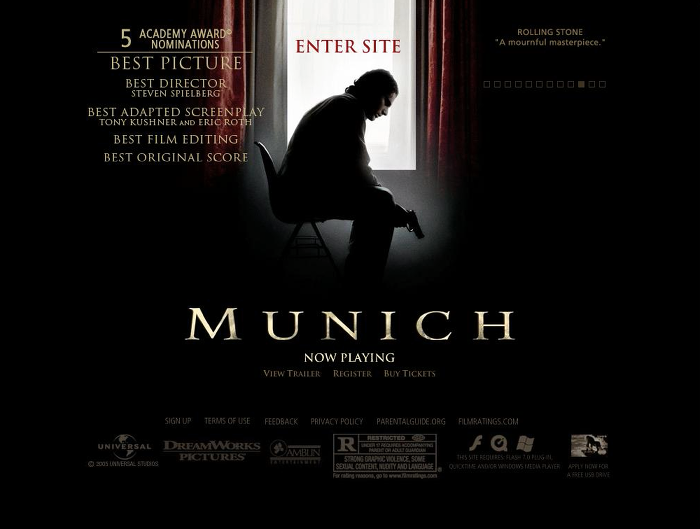

Watch movie 'Munich' in steaming
Introduction In 2005, Steven Spielberg released the critically acclaimed historical drama film, ‘Munich,’ which delves...
Introduction
In 2005, Steven Spielberg released the critically acclaimed historical drama film, ‘Munich,’ which delves into the aftermath of the Munich massacre in 1972. The movie follows Avner Kaufman, a Mossad agent who leads a team tasked with tracking down and assassinating Palestinians involved in the massacre. However, the film has sparked controversy due to its inaccuracies and alleged misrepresentation of the events. In this blog post, we will explore the story, fun facts, similar movies, and various perspectives surrounding ‘Munich.’
Story
‘Munich’ showcases the Mossad assassinations that followed the Munich massacre, highlighting Avner Kaufman’s challenging journey as he grapples with moral and logistical dilemmas. Avner, portrayed by Eric Bana, becomes disillusioned as he faces setbacks and attempts on his life. Ultimately, he returns to Israel, suffering from post-traumatic stress and paranoia.
However, former Mossad operatives have criticized the film for its inaccuracies. They claim that the portrayal of Mossad’s operations and the recruitment process differs significantly from reality. The film also fails to mention the Lillehammer affair, where an innocent Moroccan waiter was mistakenly killed.
Fun Fact
The film’s soundtrack, composed by John Williams, was nominated for prestigious awards but did not secure a win. Despite this, Williams’ score adds a layer of intensity and emotion to the gripping narrative.
Similar Movie
For those who enjoyed ‘Munich’ and are looking for similar movies, ‘The Debt’ (2010) directed by John Madden is highly recommended. It follows three former Mossad agents as they cope with the consequences of an earlier mission to capture a Nazi war criminal. Like ‘Munich,’ ‘The Debt’ explores themes of morality, the impact of violence, and the emotional toll of covert operations.
Discrepancies and Controversies
The film’s depiction of Mossad agents experiencing doubts and revulsion over their actions has been criticized as unrealistic. Former operatives argue that the Mossad provides psychological support to agents who question their missions. Additionally, the film is criticized for its exclusion of female agents, as gender diversity is common practice on such assignments.
Furthermore, the portrayal of the Munich massacre operations and the size of the assassination team has been highly disputed. Critics argue that the film inaccurately represents the scale of the actual missions. Meir Dagan, the director of the Mossad at the time, went as far as calling the film ‘absolute rubbish.’
Conclusion
‘Munich’ directed by Steven Spielberg has both captivated audiences and sparked debate since its release. While it received critical acclaim for its thought-provoking narrative and well-developed characters, it also faced significant criticism for its inaccuracies and misrepresentation of the Mossad operations. The film’s portrayal of Mossad agents grappling with their actions and the exclusion of important real-life events have added fuel to the controversy.
Ultimately, ‘Munich’ succeeds in raising important questions about revenge, morality, and the consequences of violence. Regardless of the controversy, the film remains an essential piece of cinema that challenges viewers to reflect on the complex nature of covert operations and their implications.
